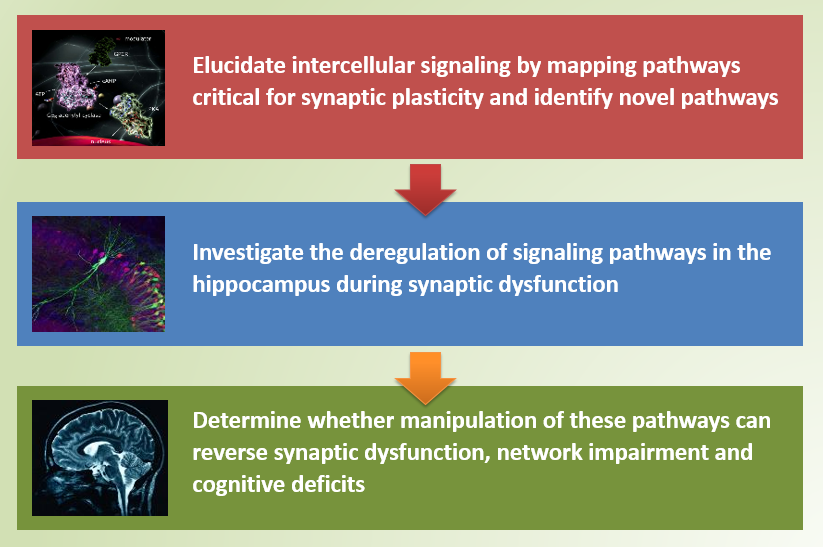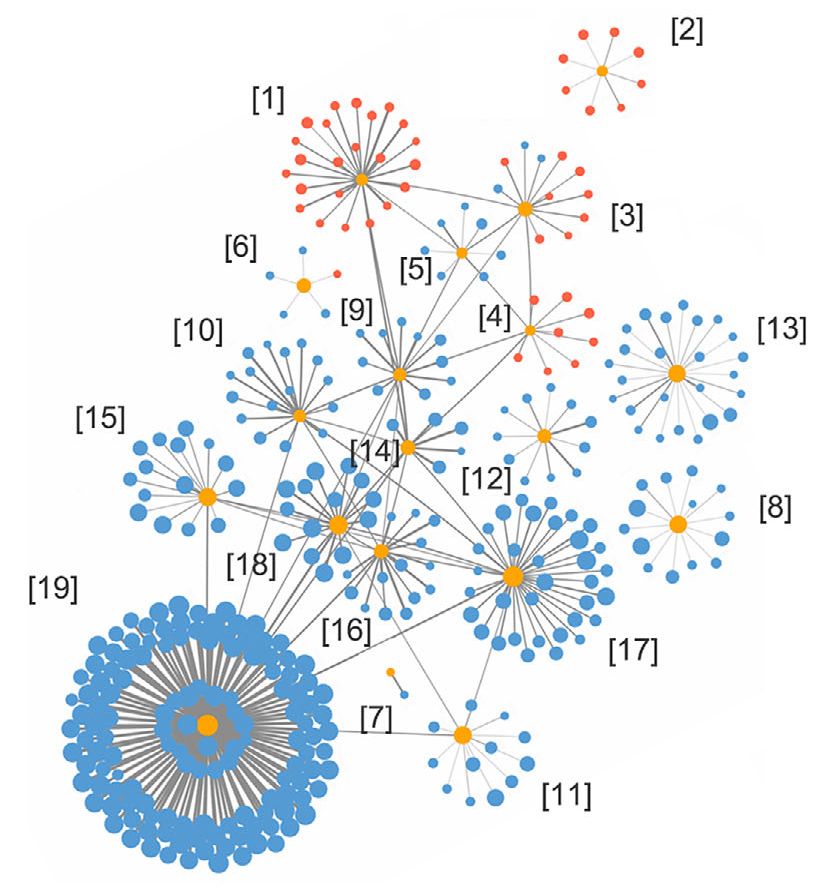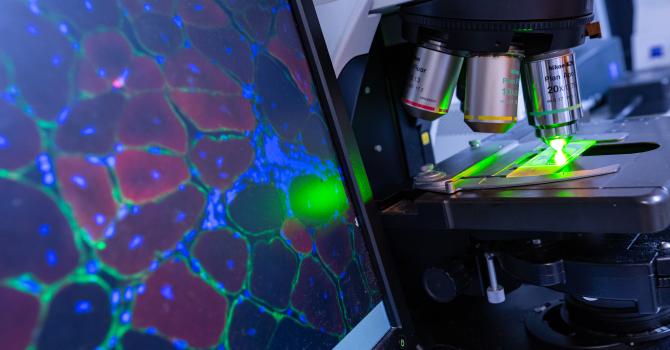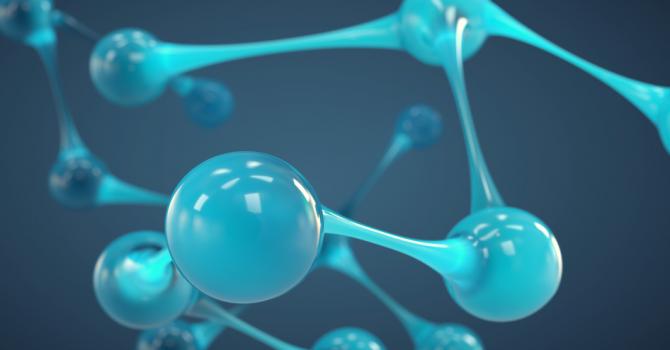Glial cells maintain homeostasis by providing nutrients and conducting immune surveillance. Perturbation of the functions of neurons and glial cells impairs the efficacy of neurotransmission and can contribute to neurodegenerative diseases, such as Alzheimer’s disease. Thus, elucidating the molecular and cellular basis of brain functions can provide important insights into neurodegenerative diseases and facilitate the development of diagnostics and therapeutics.
State Key Laboratory (SKL) of Molecular Neuroscience is the first laboratory focused on neuroscience research in Hong Kong and also the first SKL at HKUST. It endeavors to unravel the mechanism of various neurological diseases through basic neuroscience research, thereby to provide important clues on the discovery and development of drugs that would retard progression or alleviate symptoms of the disorders.
In 2017, this cross-institutional research project led by HKUST was selected as an Area of Excellence (AoE) scheme and awarded HK$63.578 million from the Research Grants Council of Hong Kong for an eight-year period consisting of two phases.

The work has formed a strong foundation that contributes to the development targeted therapy that can be utilized and further optimized for different populations around the world.

In this CRF project, we aim to use a newly-established intracranial optic tract lesion model to study the functional reconnection.


